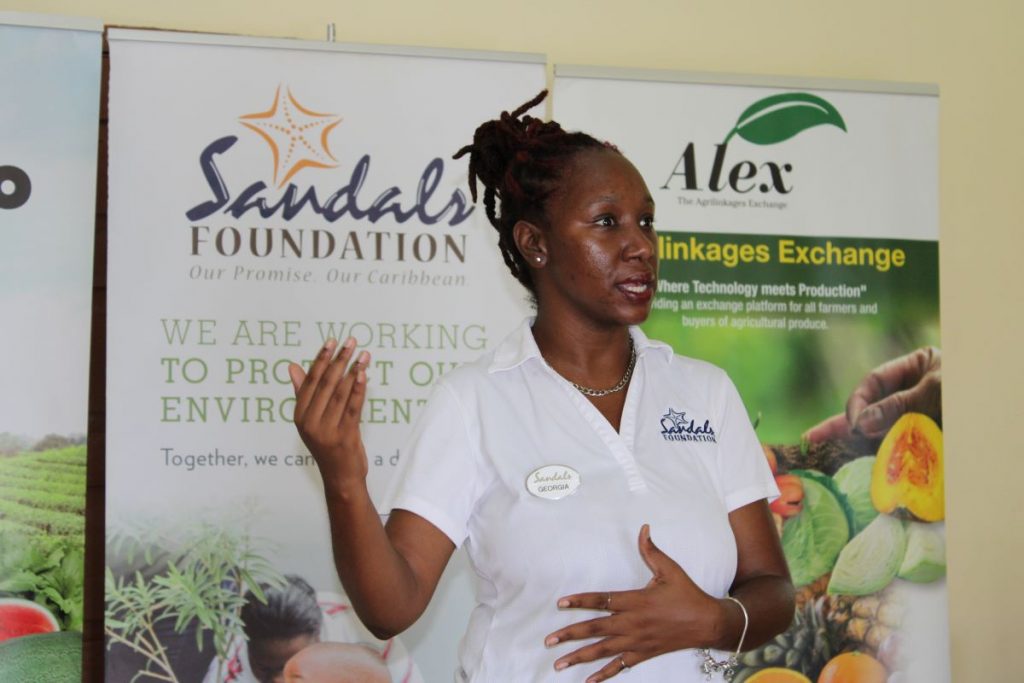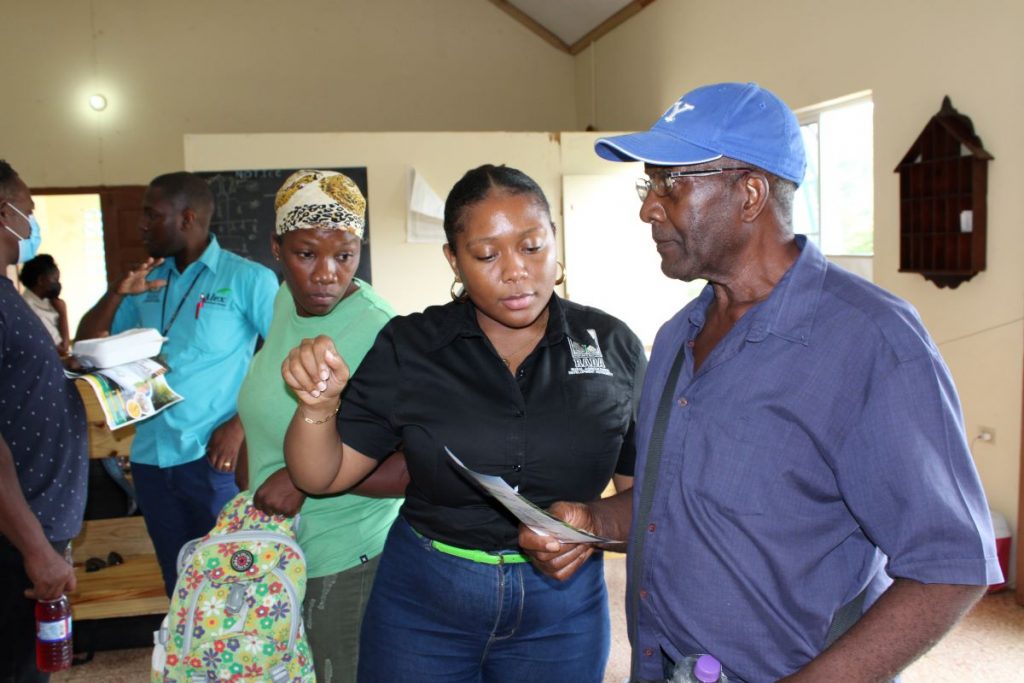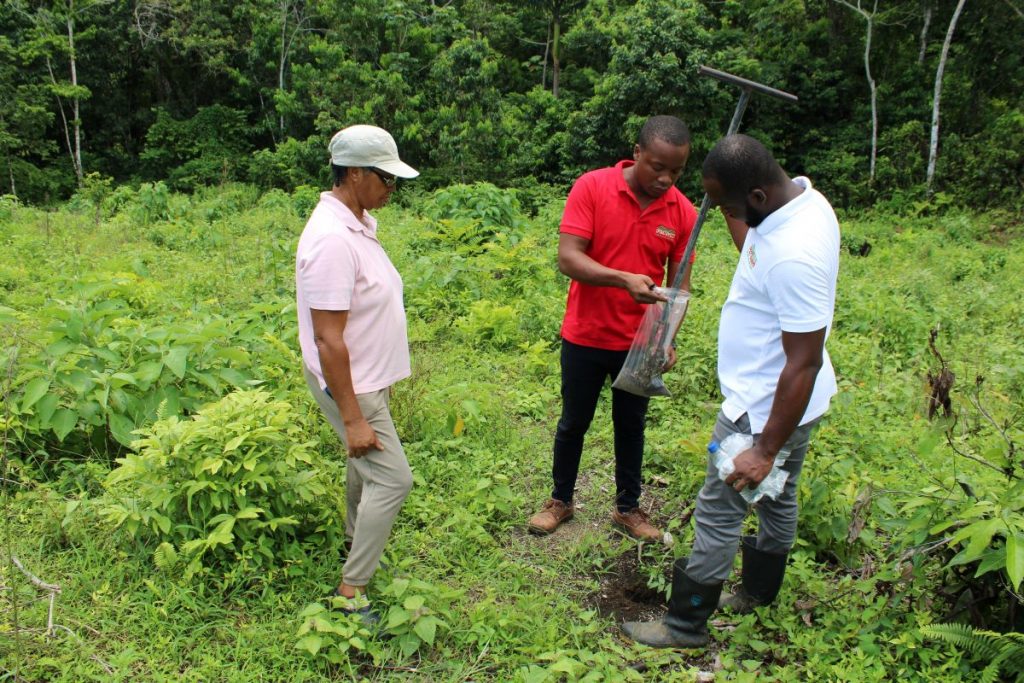The Sandals Foundation has solidified its mandate in developing a resilient and sustainable agriculture sector in Jamaica by improving the capacity of farmers in the rural community of Hermitage in St Ann to implement climate smart practices to increase crop production and earn more.
Over a three-month period, the farmers will receive technical training in soil conservation, land husbandry, and marketing. Their technical capacity will also be strengthened through the provision of soil testing to raise awareness of the soil type on their respective farm plots, as well as the seeds and seedlings best suited to their respective soils in order to increase produce yields and output.

Georgia Scarlett, Sandals Foundation’s Environmental Coordinator, weighed in on the importance of this project.
“As a small island state, we must prioritise food security and work at the community level to assist farmers in increasing their capacity, as this will help us become less dependent on imports and less vulnerable to food price volatility.”
Despite being a close-knit farming community for decades, Hermitage faces a number of challenges ranging from water scarcity to a lack of resources, technical expertise, and training.
Scarlett described how this project intends to reduce and, in some cases, fill those gaps.
“We quickly came on board when one of our team members from the Ocho Rios region, Peaches Carter, introduced us to the project proposal because we saw the difference it would make for the community and their livelihoods.”

“Working with our partners, including the Rural Agricultural Development Authority Act (RADA), Newport-Fersan, and H&L Agro – Hardware & Lumber,” she continued, “each farmer will receive seeds, seedlings, organic fertilisers, and pesticides, in addition to the training and technical expertise that will be provided, so they can be more efficient farmers to meet the changing climate and environmental needs, as well as the nutritional needs of their families and the island.”
Adrian Masters, Extension Officer at RADA, added that his team will also be conducting follow-up sessions with the farmers.
“There are 15 farmers in this association, and they have all registered their farms with us (RADA). We intend to host follow up sessions to educate them on safe fertiliser use, greenhouse operations, and crop maintenance,” he said.

Scarlett also stated that the farmers will be introduced to composting, and marketing through ALEX (Agri-linkages Exchange), a division of RADA, in order for them to be better positioned to gain access to nearby supermarkets, schools, and hotels, as well as learn how to market their produce to maximise earnings.
“I’ve only been a farmer for six months, but I’ve lived here for years and benefitted from the farming that has been done in this community. I am excited to see how this training will help us and so far, the land husbandry training and understanding that a specific soil type would be more suitable for a specific crop has been extremely enlightening,” said Petrina Dunn, Head of the Hermitage Farmers Association.
Farming and agriculture support forms one of six key areas of intervention being implemented by the Sandals Foundation as it implements 40 sustainable community projects that have the power to transform Caribbean communities and improve lives. Additional projects to support food security in the region include the construction of hydroponics units to enhance climate smart agricultural training at the Gilbert Agricultural and Rural Development Centre in Antigua, and the construction of a chicken coop and greenhouse at LN Coakley High School in The Bahamas. The Foundation is also empowering the Grenada Network of Rural Women Producers (GRENROP) through farm business trainings, and introducing community compost training in the Turks and Caicos Islands to improve soil fertility, enhance school and backyard gardening thus reducing imports.





































































































































































































































